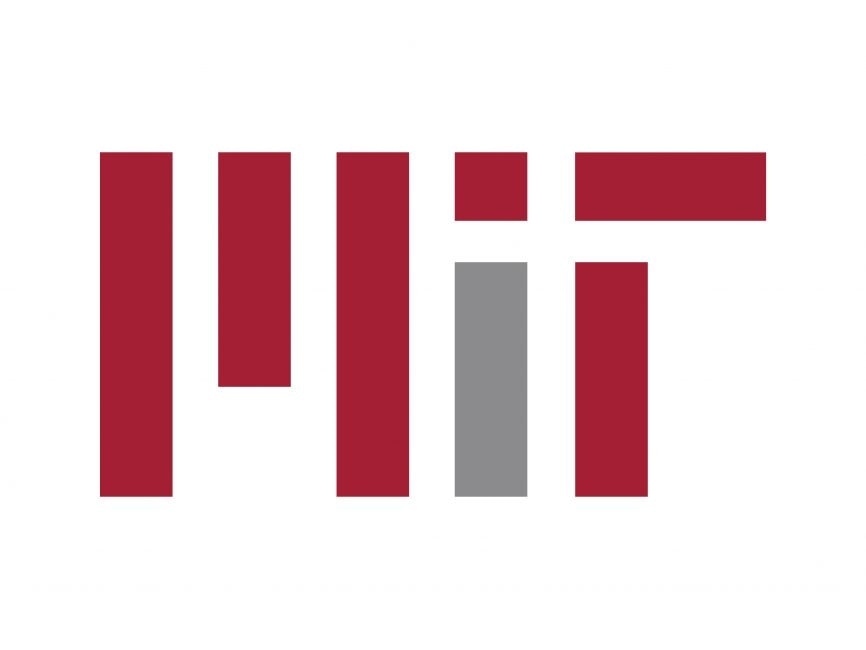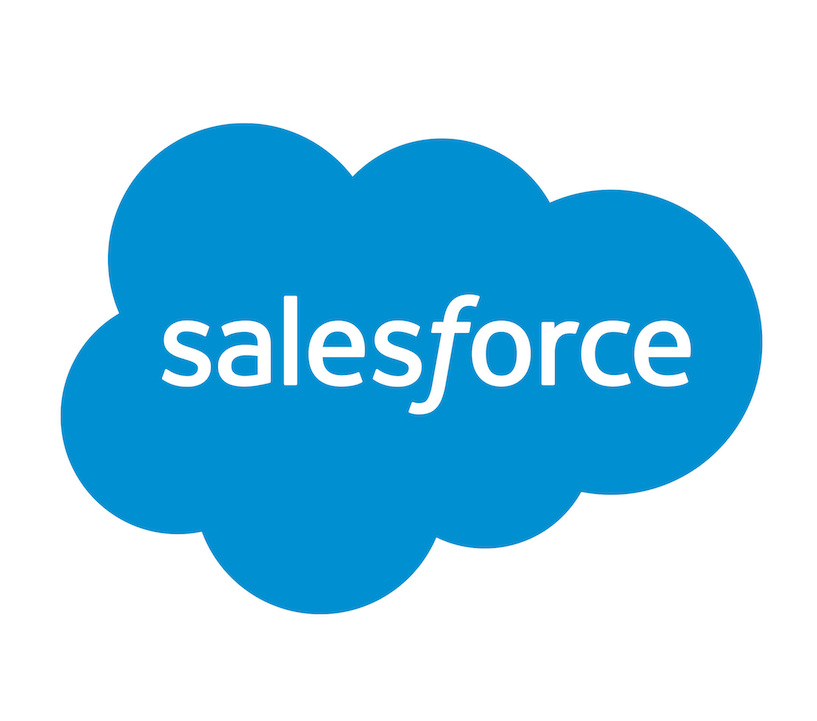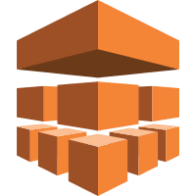 Databricks
DatabricksData Integration
A concise technical overview of modern data integration, covering ingestion, transformation, loading, governance and orchestration to unify disparate sources into a trusted, scalable analytics platform.
 Databricks
DatabricksInfrastructure & Strategies Driving the Next Wave of Enterprise AI
Foundation-first strategies unify data, governance, and architecture to accelerate enterprise AI with semantic context, simplified architectures, and responsible agentic capabilities.
 OpenAI
OpenAIIntroducing the Codex app
A concise technical overview of the Codex app, outlining its architecture, core features, and potential use cases.
 OpenAI
OpenAISnowflake and OpenAI partner to bring frontier intelligence to enterprise data
A technical overview of how Snowflake and OpenAI collaborate to bring frontier intelligence to enterprise data through AI-powered data platforms.
 Pinterest
PinterestBeyond Two Towers: Re-architecting the Serving Stack for Next-Gen Ads Lightweight Ranking Models…
A technical deep dive into re-architecting the ad-serving stack to support lightweight ranking models for next-gen ads.
 MIT AI
MIT AIHow generative AI can help scientists synthesize complex materials
DiffSyn, a diffusion-based generative AI, predicts diverse synthesis routes for complex materials like zeolites, enabling rapid, multi-path design and accelerating the materials discovery process.
 Salesforce
SalesforceHow Agentforce Enhanced Chat Built an Agent-first Chat Experience While Ensuring Easy Migration for 3,000+ Customers
Agentforce Enhanced Chat delivers an agent-first, highly customizable web experience with backward-compatible migration for 3,000+ tenants via a one-click upgrade/downgrade and AI-assisted tooling to accelerate development and deployment.
 Google Cloud
Google CloudIntroducing Single-tenant Cloud HSM to support more data encryption control
A cloud-native, single-tenant HSM offering hardware-isolated key management with quorum-based administration, revocation controls, and CMEK-enabled integration to meet stringent regulatory standards while simplifying deployment.
 Google Cloud
Google CloudHigh-performance inference meets serverless compute with NVIDIA RTX PRO 6000 on Cloud Run
Serverless GPU-accelerated inference on Cloud Run enables on-demand deployment and autoscaling of massive LLMs using the NVIDIA RTX PRO 6000 Blackwell GPUs.
 Google Cloud
Google CloudBuild intelligent employee onboarding with Gemini Enterprise
Practical guide to building intelligent employee onboarding with Gemini Enterprise, illustrating how the ADK, Agent Engine, and Application Integration connect conversational AI to ITSM, ERP, and CRM through low-code workflows for a personalized onboarding experience.
 AWS ML
AWS MLHow Clarus Care uses Amazon Bedrock to deliver conversational contact center interactions
Clarus Care builds a generative AI-powered, multi-channel contact center on Amazon Connect and Bedrock to understand multiple patient intents, autonomously transcribe, route, and respond via voice and web chat, with low latency, smart handoffs, and analytics for scalable healthcare communications.
 Databricks
DatabricksAI Risk Management: A Comprehensive Guide to Securing AI Systems
Practical guidance on identifying, assessing, and mitigating AI-related risks across the lifecycle—balancing security, governance, privacy, and regulatory requirements to enable safe, trustworthy AI deployment.